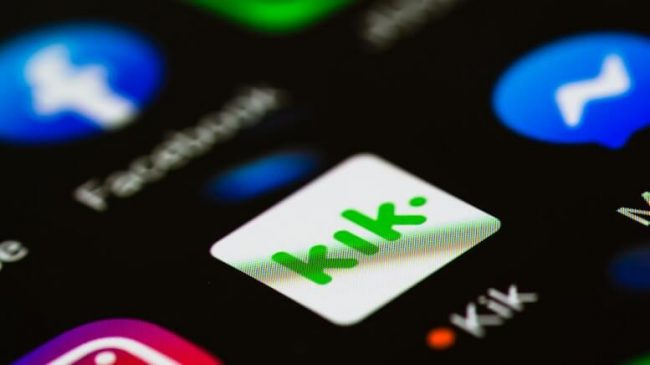Kik Interactive has announced that it is closing its messaging service due to a legal wrangle with the SEC over its cryptocurrency, Kin.
The troubled messaging app, which still has millions of users worldwide, has been involved in a legal battle with the United States Securities and Exchange Commission in recent months after the SEC announced it was suing Kik over the $100 million USD raised from an ICO in 2017. Bloomberg reported back in June that the SEC argues that the token used in the ICO, Kin, counts as a security and as a result, the sale should’ve been registered with the commission.
CEO Ted Livingston announced this morning that the company was taking measures, including the closure of its messaging service, in order to continue its fight with the SEC. The company will also fire over 100 employees, reducing the company to “an elite 19 person team,” focusing exclusively on “converting Kin users into Kin buyers.” Livingston added that “Instead of selling some of our Kin into the limited liquidity that exists today, we made the decision to focus our current resources on the few things that matter most.”
However, the SEC also alleges that management at the company was aware that Kik would run out of money by 2017 and that the ICO was merely a thinly veiled attempt to keep the company afloat. Livingston claims that the SEC’s attempts to characterize all cryptocurrencies as securities will kill the usability of any coin and set a dangerous precedent for the industry. He said the SEC presented the company with the choice of either labeling Kin as a security or fighting them in court, and that “we made the decision to step forward and fight.”
>> Facebook’s Libra Wants to Hit the Market in Early 2020
Kik’s plans for the coin going forward include improving the Kin blockchain to facilitate more transactions and the creation of a mobile wallet to facilitate the purchasing and trading of Kin.“No matter what happens to Kik, Kin is here to stay […] We are all in. And despite these hard decisions my confidence in Kin only continues to grow,” said Livingston.
Featured Image: DepositPhotos © ezthaiphoto




